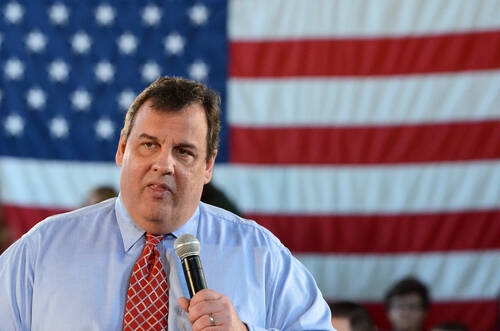We’re long past the time when “suburbia” is a useful term for anything. Writing that the suburbs are the key to an election is hack political analysis, even worse than predicting that independent voters will decide a race (often they don’t). American suburbs are so varied in density, economic status, and racial makeup that it makes no sense to treat them as a voting bloc.
The Atlantic Cities’ Richard Florida instead focuses on “distress ’burbs” as a swing factor in elections. Democrats now have a huge advantage in central cities and in nearby communities with mostly low-income or non-white residents (suburbs in name only), while Republicans have a big advantage in rural areas, exurbs with long commuting times, and in affluent suburbs (though less so in some blue states). Florida writes that this deep division gives political clout to suburbs with very little economic clout:
With these bases locked down, the key political footballs – the new "swing states," so to speak – are the swelling ranks of economically distressed suburbs, where poverty has been growing and where the economic crisis hit especially hard. There are now more poor people living in America's suburbs than its center cities, and as a recent Brookings Institution report found, both Republican and Democratic districts have been affected by this reality.
Florida points to data showing that the major parties have rough parity in “the distress 'burbs – poor non-minority and the middle-class suburbs” (though the strongest study covers the 1996-2004 period).
It makes intuitive sense that economically volatile areas will be unpredictable in their politics, though some individual communities may just be groping their way toward their assigned side of the density division. (See previous post on 800 people per square mile as the “tipping point” at which a city or town turns Democratic.) Florida says that the Democratic Party indeed may benefit from the increasing urbanization of what we’ve long thought of as suburbia.
But there are counterexamples. In an accompanying piece at Politico, Florida reminds us that Toronto’s annexation of its distressed suburbs gave it Mayor Rob Ford, who would hardly be at home in the Democratic Party of the U.S.: “A Canadian version of a Tea Party populist, Ford campaigned on putting the downtown elites in their place: ripping out bike lanes, cutting taxes and declaring war on waste and the ’gravy train’ of public spending.”
Then there’s Chris Christie, a possible contender for the Republican presidential nomination in 2016:
His success in liberal New Jersey makes him an attractive potential candidate for the party in 2016—assuming he can win the nomination, of course. Ultimately, he will have to walk a razor’s edge, paying more than lip service to the national GOP’s rural and exurban agenda, while at the same time winning back some of the immigrant and minority votes for which the Republicans no longer compete. But his big margins in a state as dense as New Jersey; his appeal to voters in the distress ’burbs, with targeted issues such as his campaign against property taxes; and his ability to lure independents, moderates, immigrants and minorities, could conceivably open up new electoral terrain for the Republicans. Or at least allow them to reclaim old terrain they have ceded in recent years.
This is why the Republican Party is so much more interesting at the moment. With its centrist economic policies and soft-pedaling of anti-poverty programs, the Democrats have no problem in making a pitch to suburbs of all kinds. Chappaqua, New York, resident Hillary Clinton would surely pay tribute to the “hard-working families” in upscale cul-de-sacs, even if she can only win over a small portion of them. The Republican Party, however, is dedicated to the primacy of small-town America, and that allegiance is reinforced by GOP primary voters aligned with the Tea Party and social conservatism. Whether the Republicans can fine-tune their message to bring in more votes from suburbs that are getting more crowded and less economically secure is one of the big questions for 2014 and 2016.








